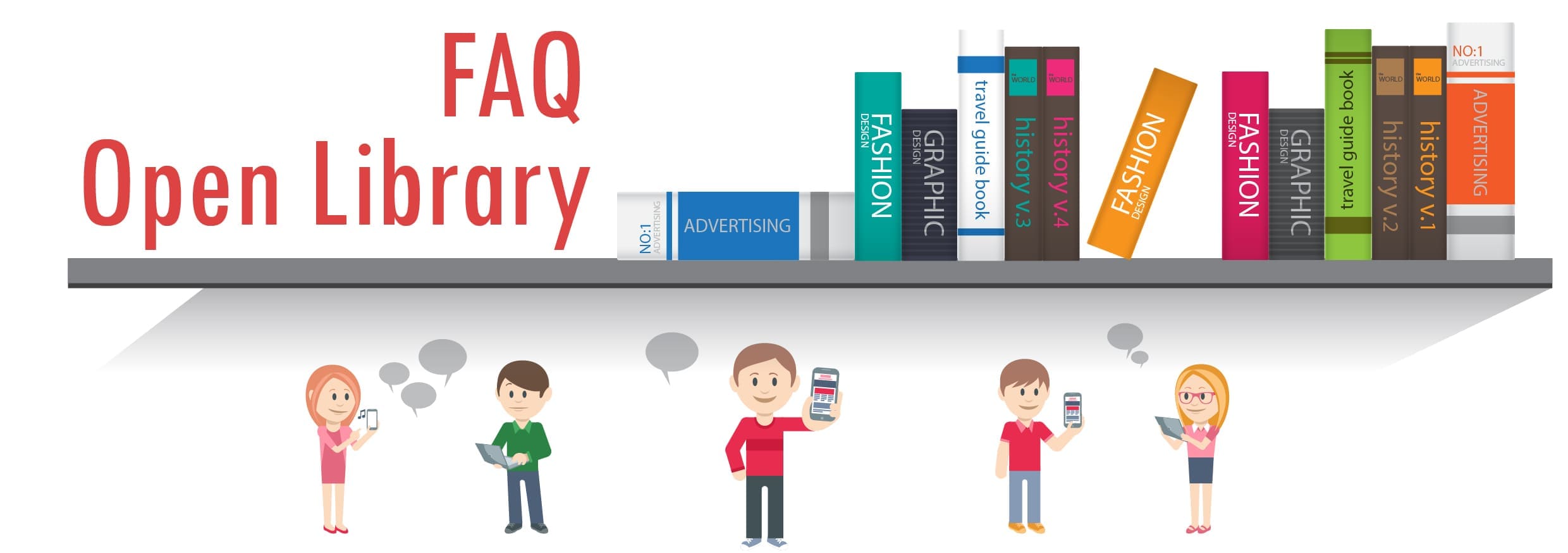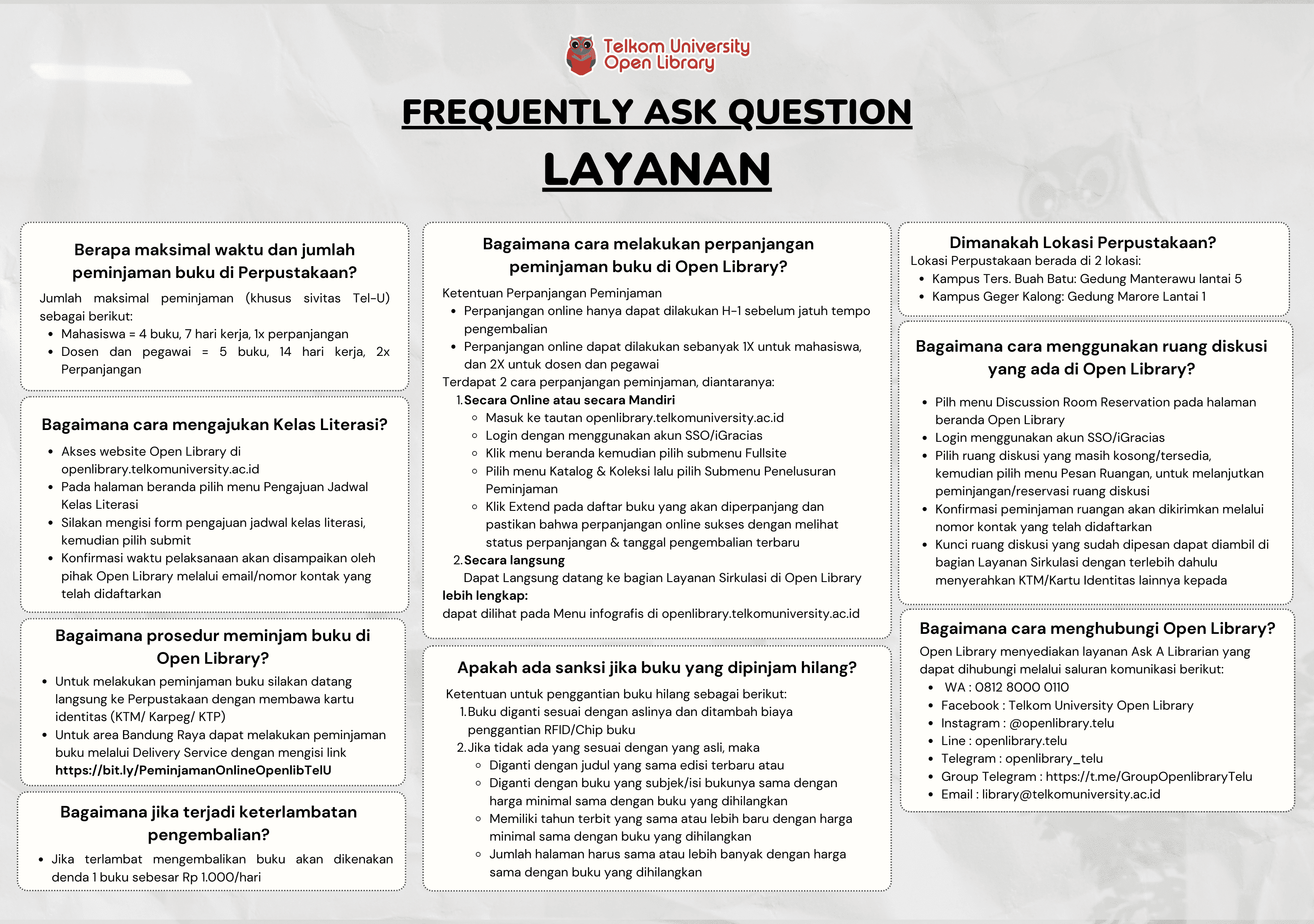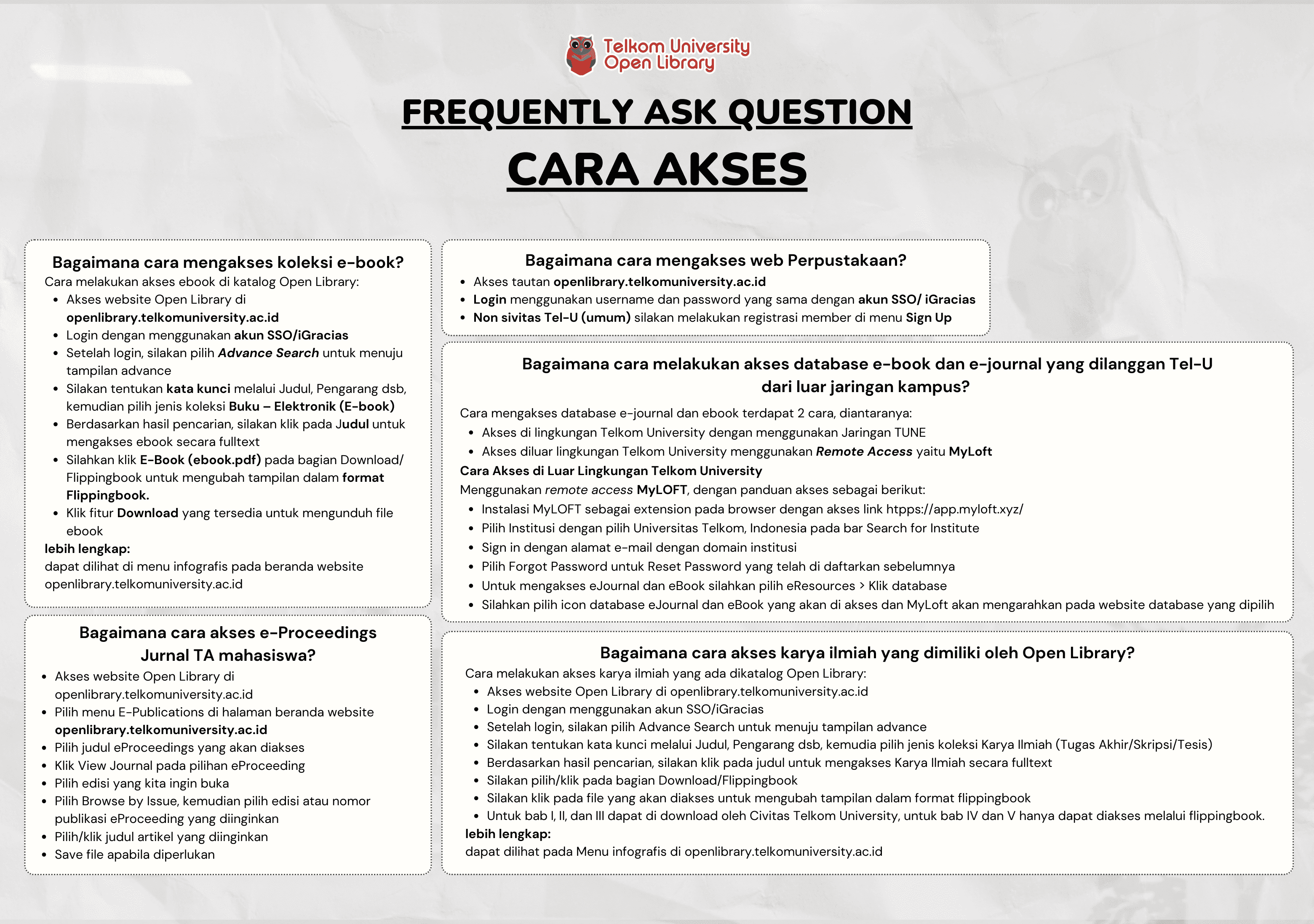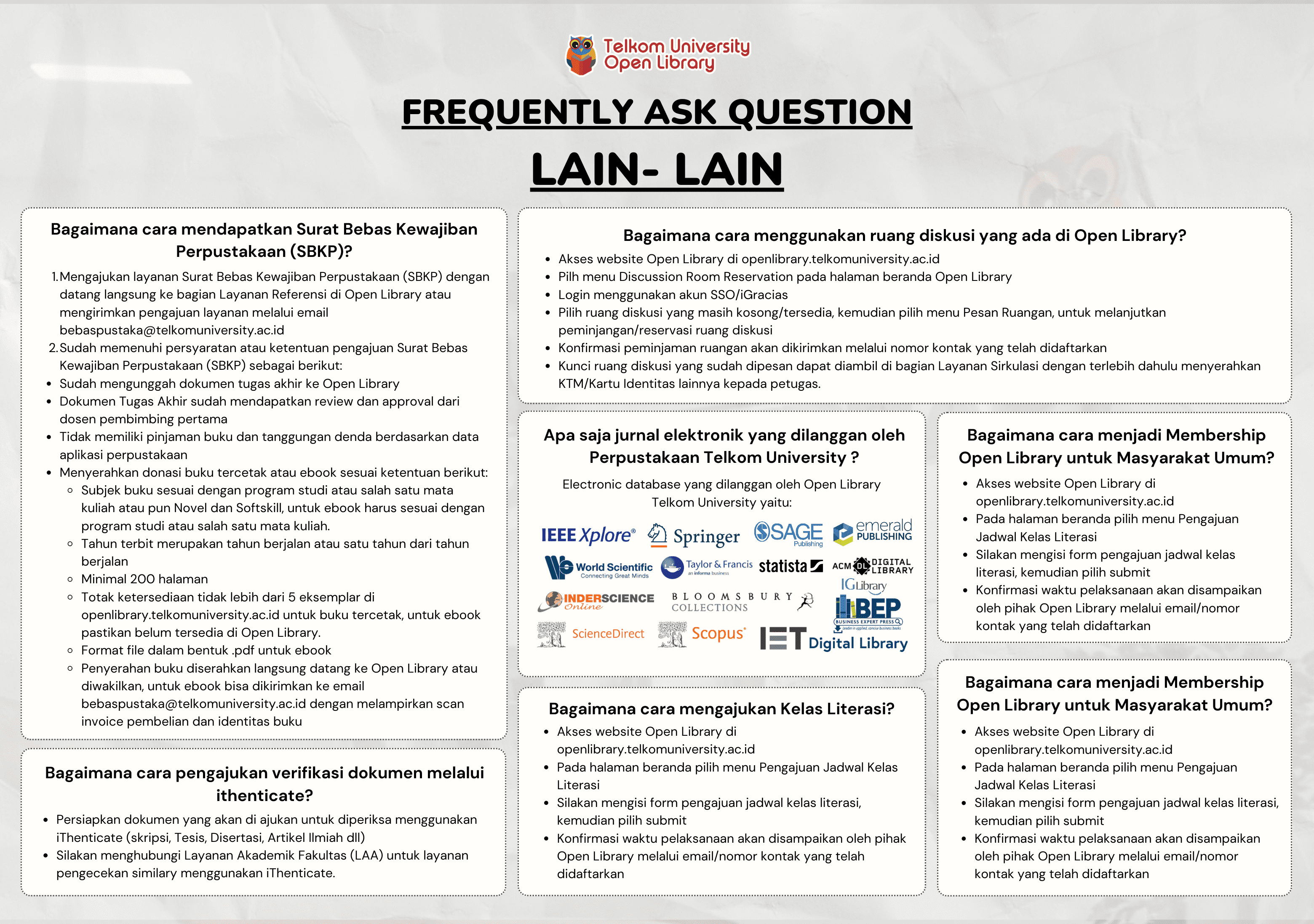Recognizing Indonesian Sign Language (BISINDO) Alphabet Using Optimized Deep Learning - Dalam bentuk pengganti sidang - Artikel Jurnal
RIDLA ALIYA GANI

Informasi Umum
Kode
25.04.1365
Klasifikasi
000 - General Works
Jenis
Karya Ilmiah - Skripsi (S1) - Reference
Subjek
Deep Learning
Dilihat
285 kali
Informasi Lainnya
Abstraksi
The Indonesian sign language, BISINDO, is extensively adopted to facilitate communication between hearing and deaf individuals in Indonesia. However, existing deep learning models, such as ResNet-50, are computationally intensive and require significant resources for deployment, making them less practical for real-world applications in resource-constrained environments. This research addresses these challenges by employing magnitude-based structured pruning techniques with a polynomial decay schedule to optimize the ResNet-50 architecture for BISINDO alphabet recognition. The objective is to create an efficient and accurate recognition system tailored for devices with limited resources. The study evaluates the trade-offs between model accuracy and size reduction across sparsity levels ranging from 40% to 80%. The findings indicate that the baseline model attains an accuracy rate of 96.27%, with a file size of 94.88 MB. In contrast, the pruned version, exhibiting 60% sparsity, achieves a slightly lower accuracy of 95.73%, alongside a substantial file size reduction of 52.28%, resulting in a new size of 45.28 MB. Moreover, active parameters decreased by 59.63%, highlighting structured pruning's ability to optimize both performance and efficiency, thereby increasing the applicability of deep learning models for BISINDO recognition in practical settings.
Koleksi & Sirkulasi
Tersedia 1 dari total 1 Koleksi
Anda harus log in untuk mengakses flippingbook
Pengarang
| Nama | RIDLA ALIYA GANI |
| Jenis | Perorangan |
| Penyunting | Tjokorda Agung Budi Wirayuda |
| Penerjemah |
Penerbit
| Nama | Universitas Telkom, S1 Informatika (International Class) |
| Kota | Bandung |
| Tahun | 2025 |
Sirkulasi
| Harga sewa | IDR 0,00 |
| Denda harian | IDR 0,00 |
| Jenis | Non-Sirkulasi |




















